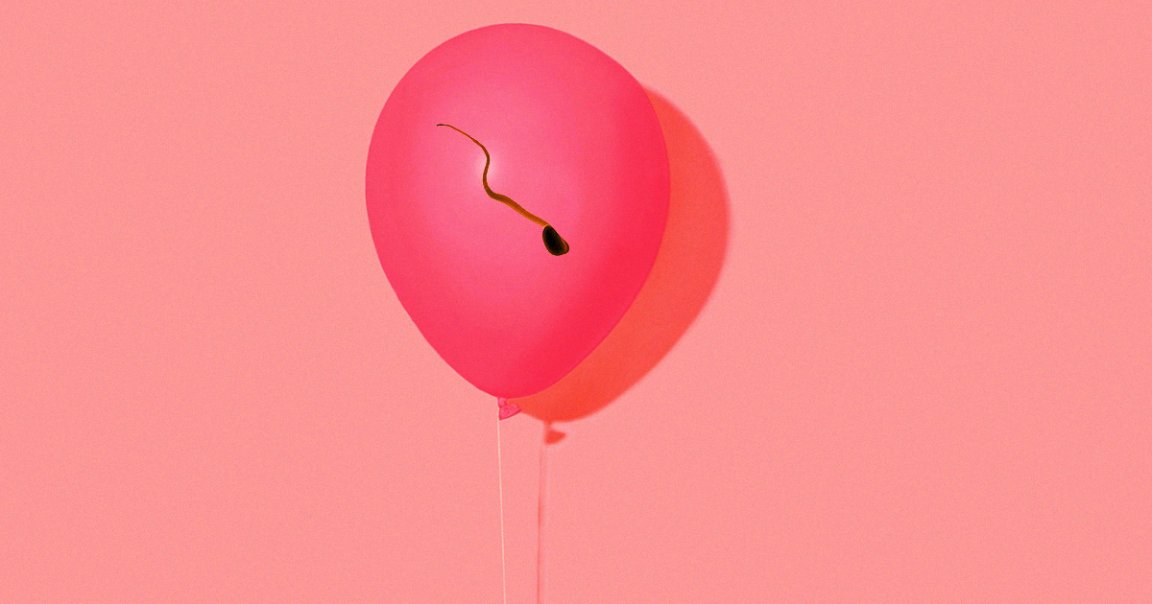
Premature birth is a leading cause of death among newborns, but a device that dramatically improves premies’ chances of surviving may be just five years away.
In 2018, designers Lisa Mandemaker and Hendrik-Jan Grievink teamed up with medical researcher Guid Oei to design a device that closely mimics the conditions found in the biological womb. The purpose of the artificial womb is to provide babies born extremely prematurely — between 24 and 28 weeks — with an environment where their bodies can continue to develop.
“Every week we can prolong the growth of a 24-week old foetus in an artificial womb, we increase the chances of survival [by] 18 percent,” Oei said in a Next Nature Network blog post. “If we can extend this to 28 weeks, the biggest danger of premature death is probably gone.”
Earlier this month, Oei and his colleagues at the Máxima Medical Centre secured a €2.9 million ($3.2 million) grant to create a working prototype of the design, which consists of a large, fluid-filled bag connected to an artificial placenta.
In a new BBC News video, Oei predicts that the device will be ready for human babies in just five years, but he cautions that the work is still incredibly experimental.
“We don’t know what the consequences are for the babies,” he told BBC News. “We know nothing about the short term and the long term implications.”
Still, if Oei’s team can create a working prototype of the artificial womb, it could save the lives of countless newborns. Meanwhile, Mandemaker believes future iterations of the tech could challenge our current notions about reproduction.
“I imagine further down in the future, an artificial womb could become part of a lifestyle choice for women because you don’t have to worry about the morning sickness, changes into your body,” she told BBC News.
“I feel like there’s this narrative in society that there is this ideal of natural reproduction,” she later added. “Natural reproduction is not the only way.”